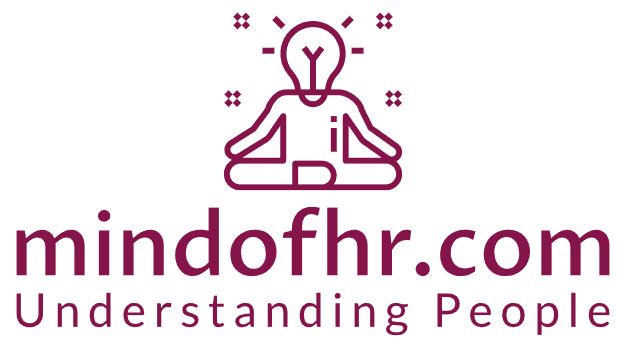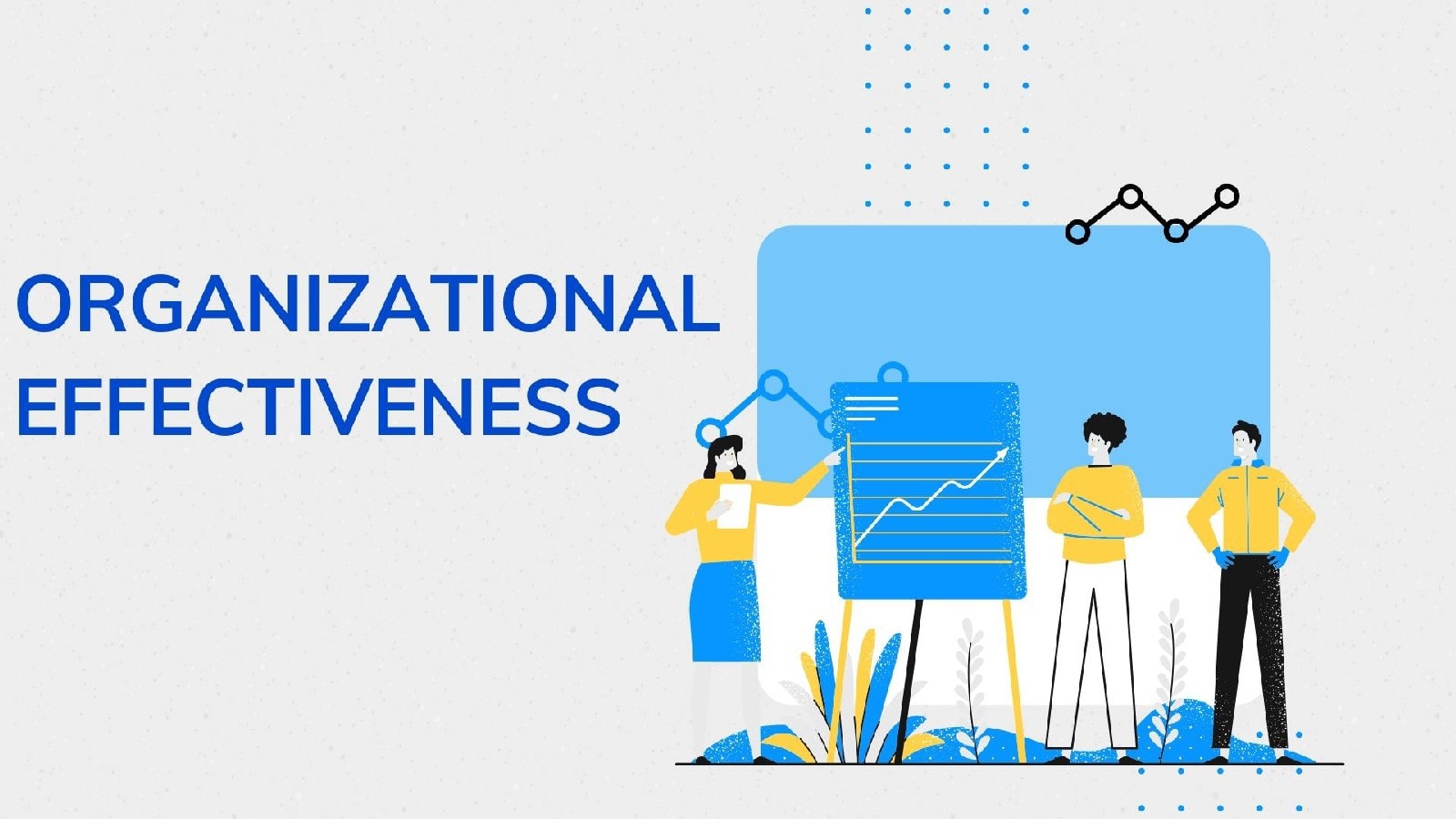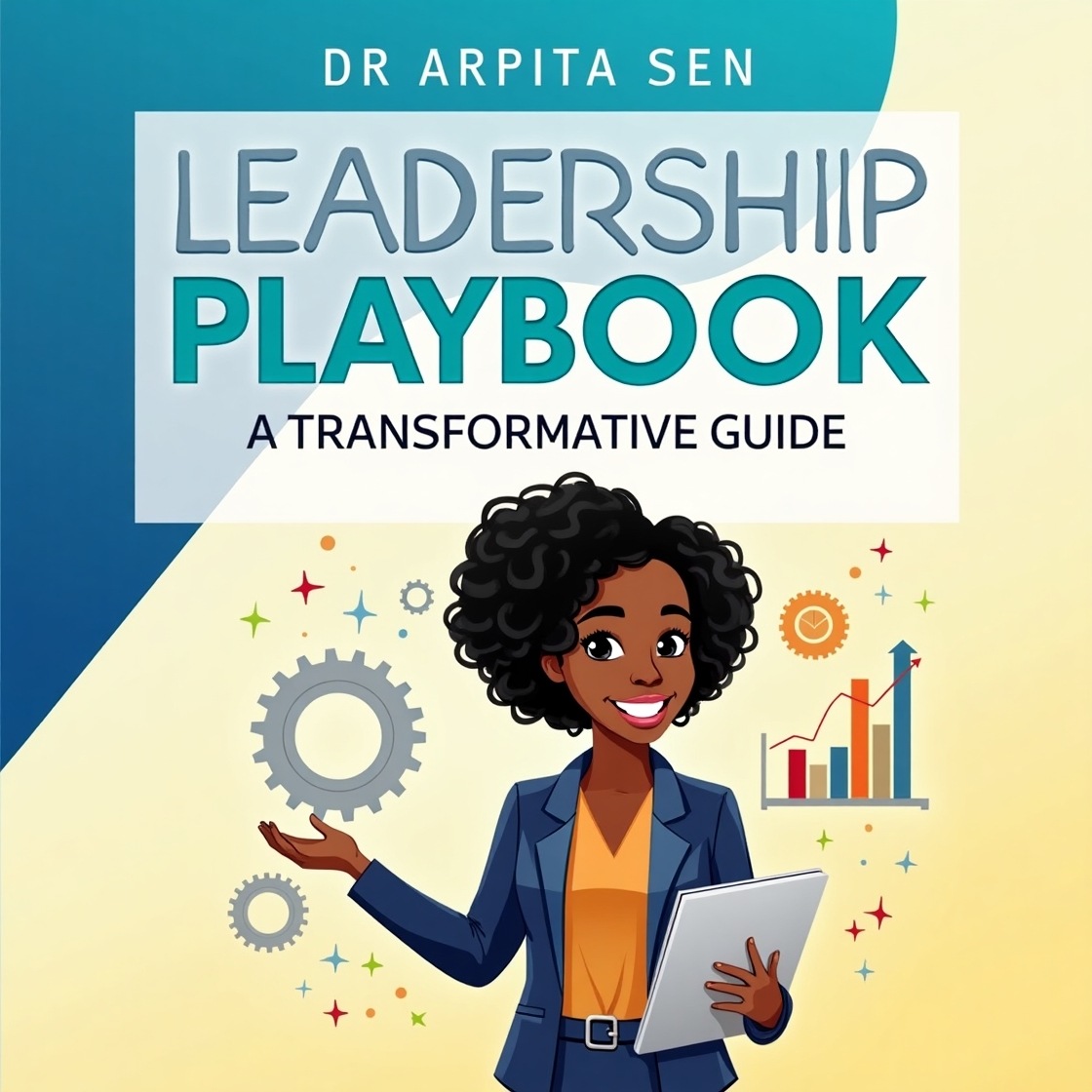Organizational effectiveness and organizational development are two distinct yet interconnected concepts that play a crucial role in driving the success and growth of any organization. While they share some common goals, there are also key differences in their focus and approach. Let’s explore the similarities and differences between these two important disciplines.
Organizational Effectiveness
Organizational effectiveness is a critical aspect of any successful business. It refers to an organization’s ability to achieve its goals and objectives while generating value for its stakeholders. This value may come in the form of financial stability, customer satisfaction, social impact, etc.Key components of organizational effectiveness include:
- Leadership: Effective leadership is crucial for organizational success. Leaders must set clear goals, communicate effectively, and motivate employees to perform at their best.
- Employee engagement and productivity: Engaged employees are more productive and contribute positively to organizational outcomes.
- Financial performance: An organization’s financial stability is a key indicator of its effectiveness.
- Customer satisfaction: A satisfied customer base is essential for organizational success.
- Adaptability and innovation: Businesses that are adaptable and innovative are better equipped to respond to changing market conditions and remain competitive.
Organizational Development
Organizational development is a science-based approach to improving a company’s performance. It involves assessing an organization’s strengths, weaknesses, opportunities, and threats, as well as the organizational climate and leadership. Best practices in organizational development include:
- Embracing values such as respect, inclusion, collaboration, authenticity, self-awareness, and empowerment
- Fully supporting OD with theory drawn from areas like psychology, HR practices, and management techniques
- Focusing on groups and departments, investing in education, benefits, and incentives, and creating opportunities for employee feedback
- Motivating change, creating a vision, developing support, managing the transition, and maintaining momentum
- Putting people at the center of change and analyzing their wants and needs
- Collecting feedback and evaluating the outcomes of change
Similarities
Enhancing Organizational Performance: Both organizational effectiveness and organizational development are ultimately aimed at improving an organization’s overall performance and achieving its strategic objectives. They seek to identify areas for improvement and implement interventions to enhance productivity, efficiency, and competitiveness.
Emphasis on People and Culture: At the heart of both disciplines is a focus on the human element of the organization. They recognize that an organization’s success is heavily dependent on the engagement, motivation, and development of its employees. Fostering a positive and collaborative work culture is a key priority.
Systematic and Holistic Approach: Organizational effectiveness and organizational development follow a structured, data-driven approach to assess the current state of the organization, diagnose issues, and design tailored solutions. They take a holistic view, considering the interconnected elements of the organization, such as strategy, structure, processes, and systems.
Differences
Scope and Focus:
- Organizational Effectiveness: This discipline is primarily concerned with achieving the organization’s desired outcomes and maximizing its performance. It focuses on aligning the organization’s structure, processes, and resources to support its strategic goals.
- Organizational Development: This field takes a more comprehensive approach, aiming to drive long-term, sustainable change within the organization. It emphasizes the development and transformation of the organization’s culture, leadership, and overall capabilities.
Interventions:
- Organizational Effectiveness: Interventions in this area tend to be more targeted and immediate, addressing specific pain points or performance gaps. Examples include process improvements, technology implementations, and performance management systems.
- Organizational Development: Organizational development interventions are often more extensive and transformative, involving initiatives such as leadership development, team building, change management, and organizational design.
Timeframe:
- Organizational Effectiveness: Efforts in this domain typically have a shorter-term focus, with the goal of achieving measurable improvements in the near term.
- Organizational Development: Organizational development is a long-term, ongoing process that aims to create sustainable change and build the organization’s capacity for adaptation and growth.
Measurement:
- Organizational Effectiveness: Effectiveness is often measured through quantifiable metrics, such as financial performance, customer satisfaction, and operational efficiency.
- Organizational Development: Measuring the impact of organizational development initiatives can be more complex, as it often involves assessing changes in organizational culture, employee engagement, and overall adaptability.
Complementary Approaches
While organizational effectiveness and organizational development have distinct focuses, they are highly complementary and often work hand-in-hand to drive organizational success. Effective organizations leverage both disciplines to create a well-rounded approach to improving performance, enhancing employee engagement, and fostering a culture of continuous improvement.
By aligning organizational effectiveness and organizational development strategies, organizations can achieve a balance between short-term performance optimization and long-term, sustainable growth. This holistic approach enables organizations to adapt to changing market conditions, stay ahead of the competition, and create lasting value for their stakeholders.
Summary:
Organizational Development and Organizational Excellence are related but distinct concepts:
Organizational Development (OD)
- Organizational development (OD) is a systematic, long-term approach to improving an organization’s effectiveness and performance .
- OD focuses on aligning an organization’s strategy, structure, people, rewards, metrics, and management processes to drive organizational effectiveness .
- Key aspects of OD include change management, organization behavior, culture, innovation, and adult education .
- OD involves a structured process with five key phases: Diagnosis, Planning, Implementation, Evaluation, and Institutionalization .
- OD practitioners require skills in areas like data collection, project management, change management, business acumen, and facilitation.
Organizational Excellence
- Organizational excellence is the achievement of consistently superior performance that exceeds requirements and expectations .
- It involves establishing an internal framework of standards and processes to engage and motivate employees to deliver high-quality products and services .
- Key components of organizational excellence include leadership, strategic planning, customer focus, process management, and business results .
- Organizational excellence models like the Malcolm Baldrige National Quality Award and the EFQM Excellence Model provide frameworks for assessing and driving excellence .
- Pursuing organizational excellence can strengthen an organization’s prestige, improve employee engagement, and lead to more efficient operations .
In conclusion, organizational effectiveness and organizational development are two essential components of a successful and thriving organization. By understanding the nuances and synergies between these disciplines, leaders can unlock the full potential of their organizations and position them for long-term success.











